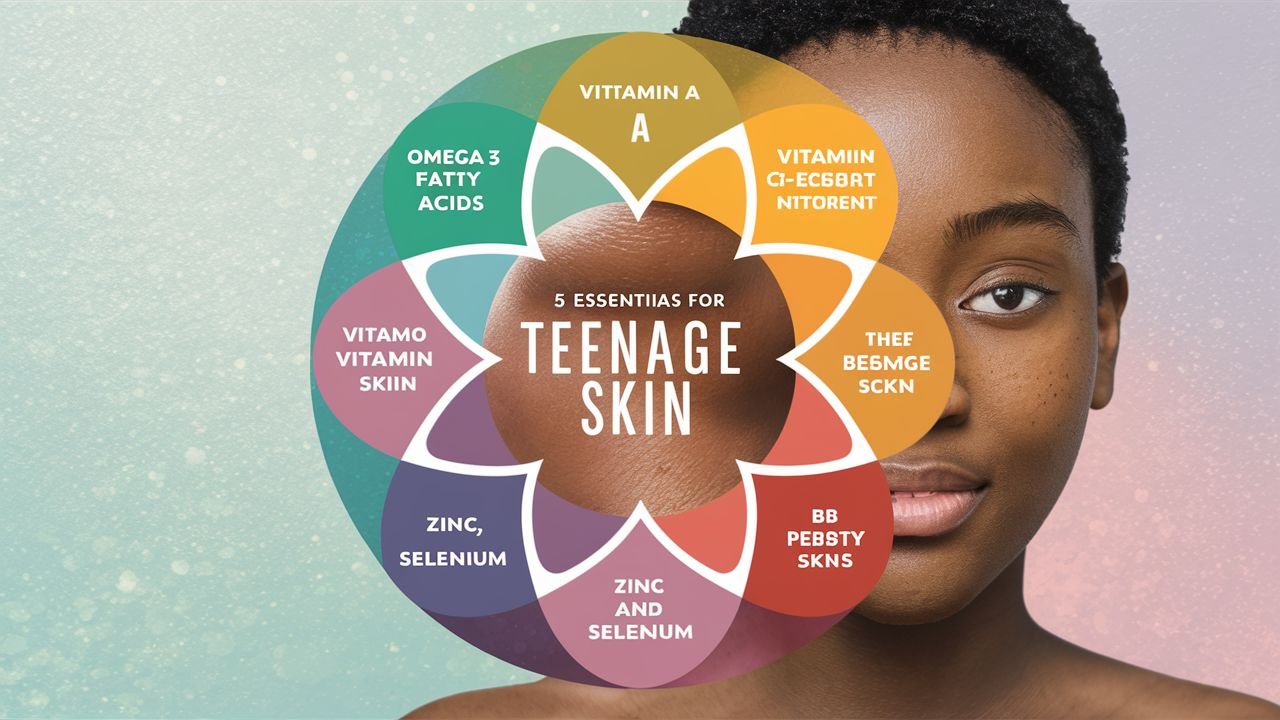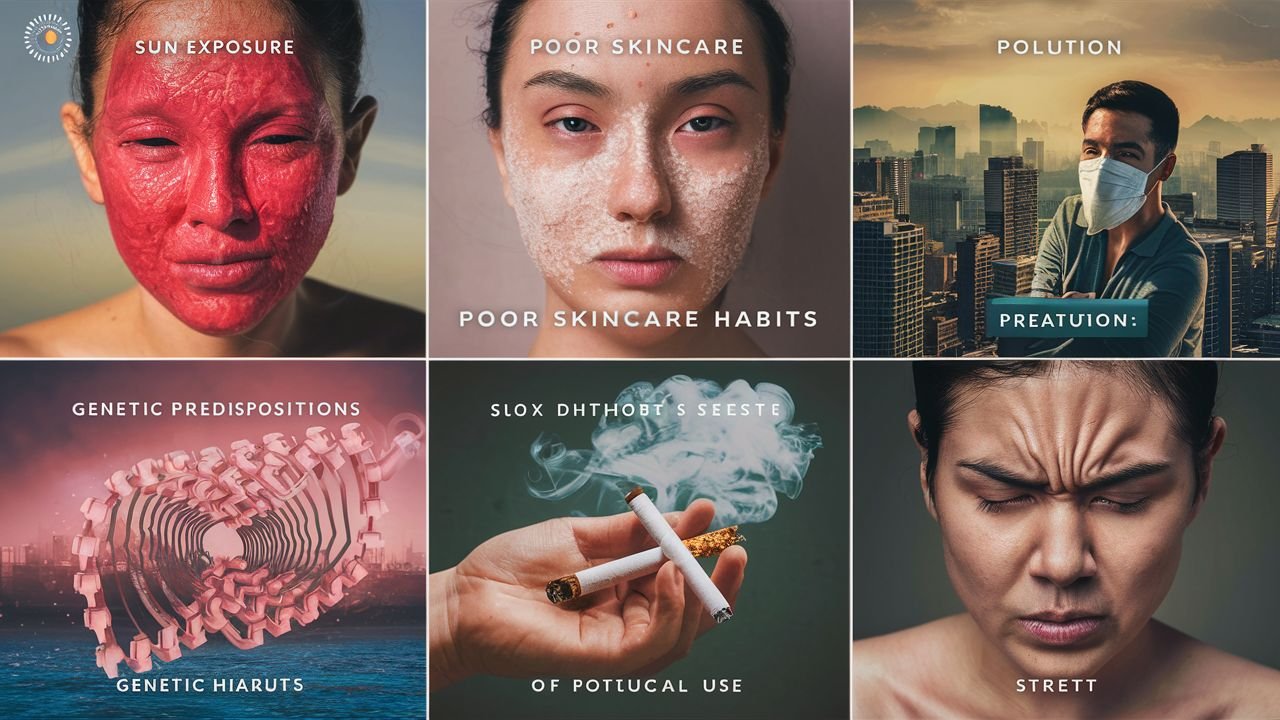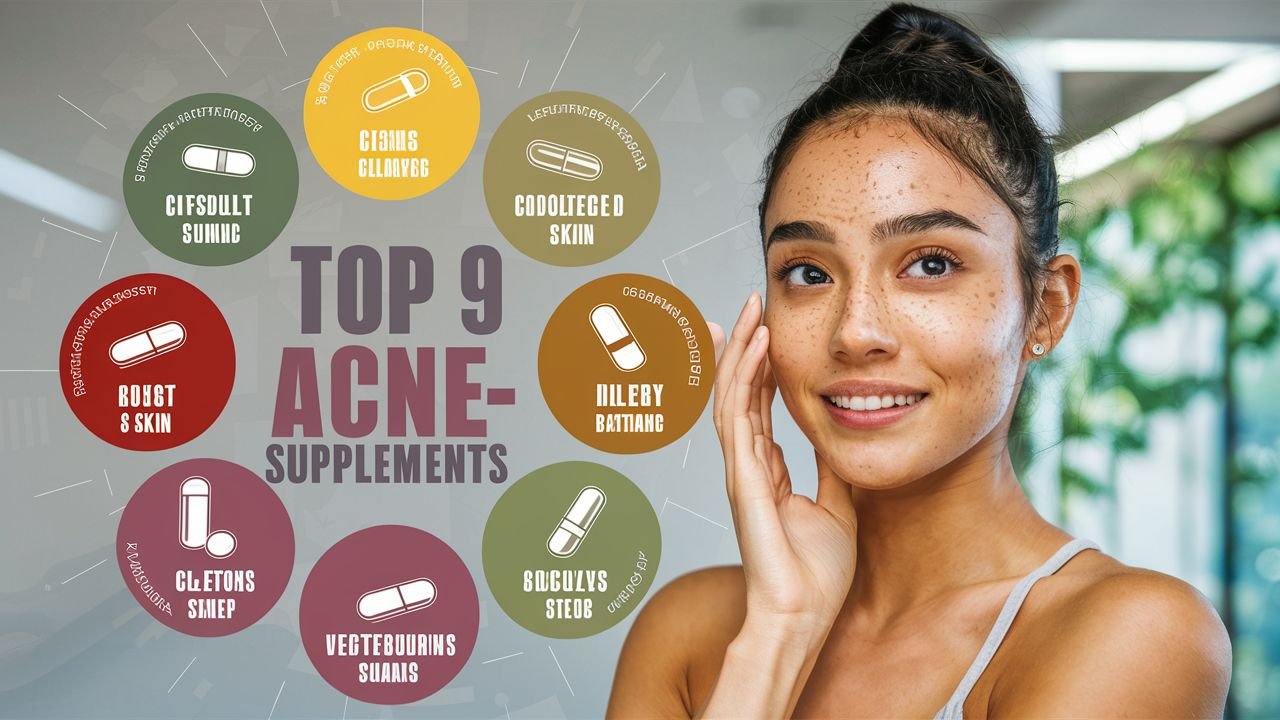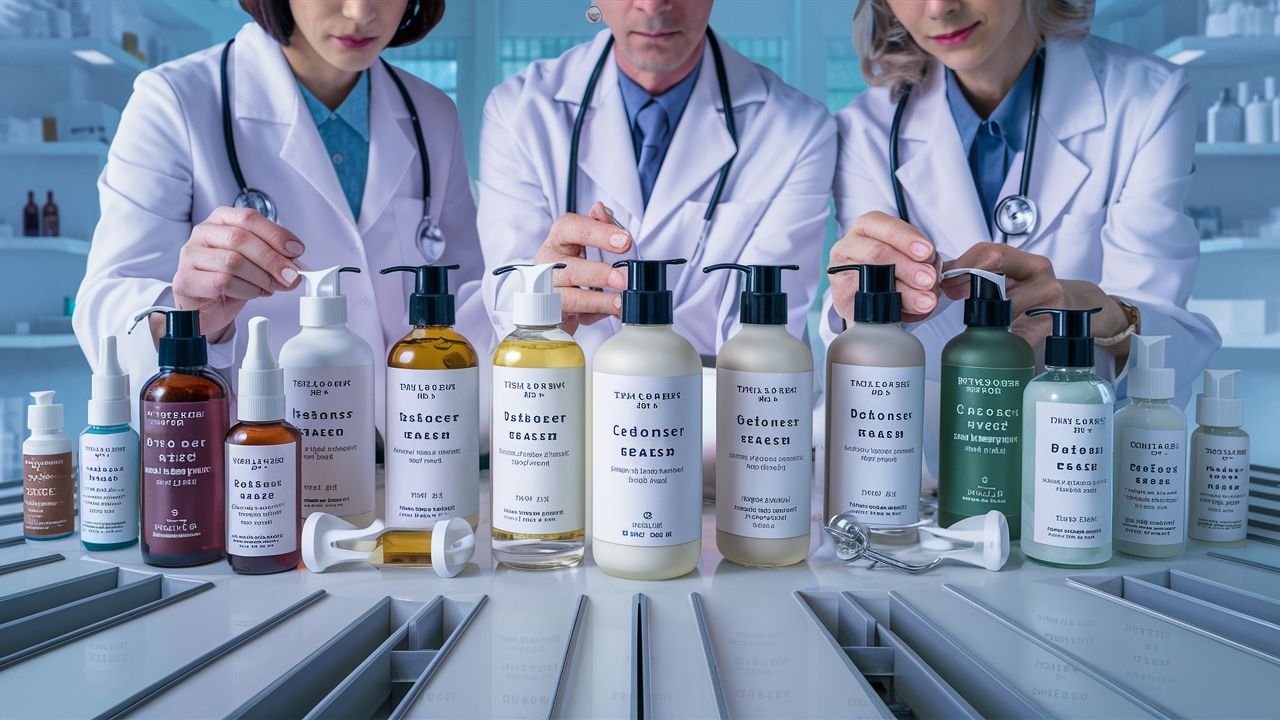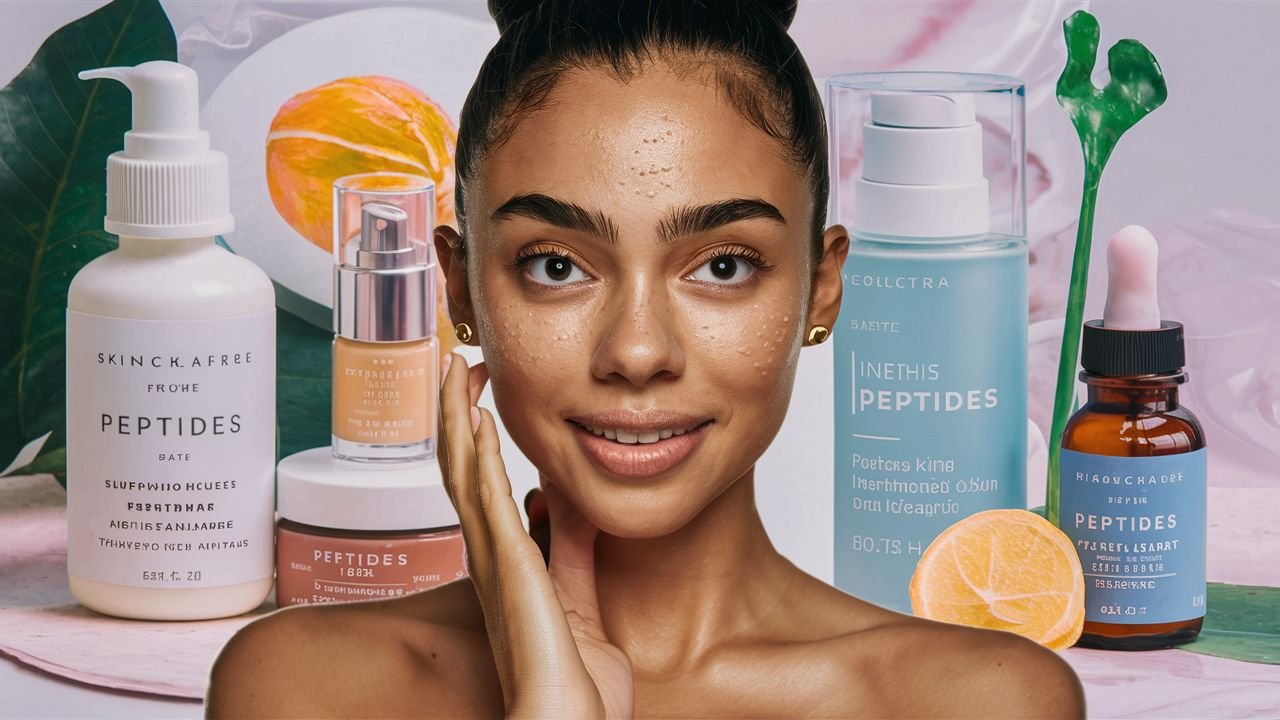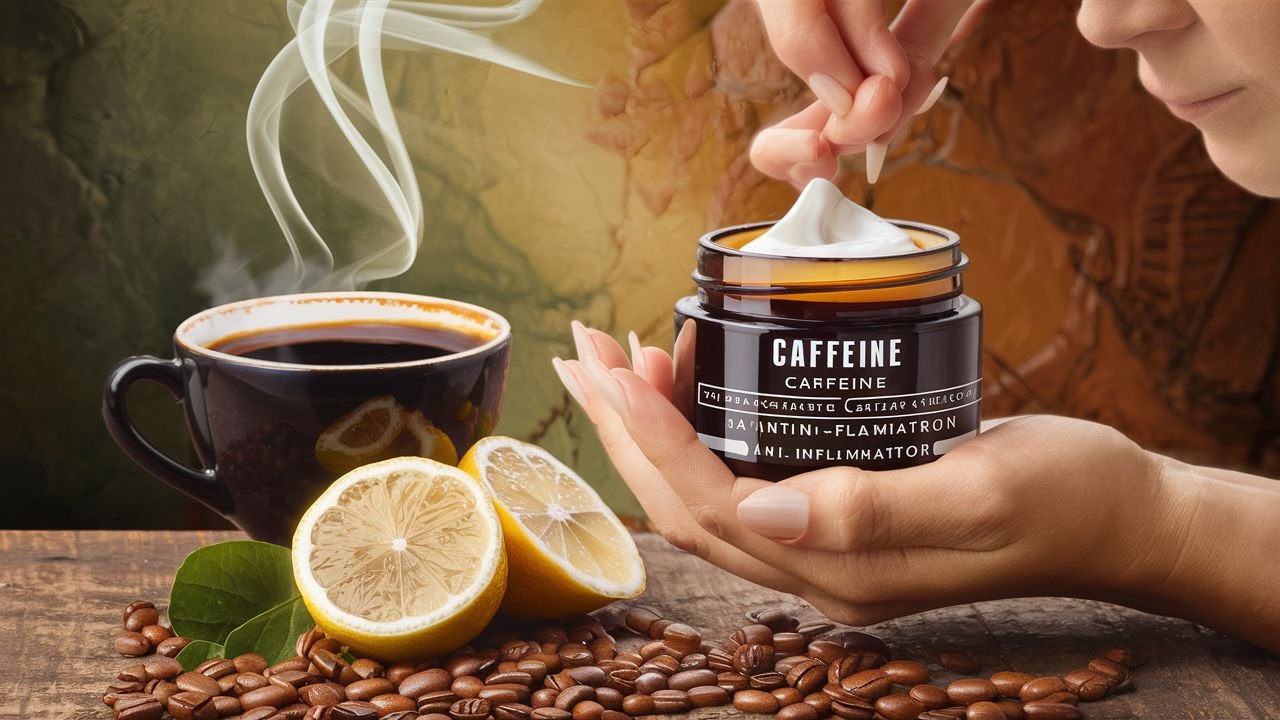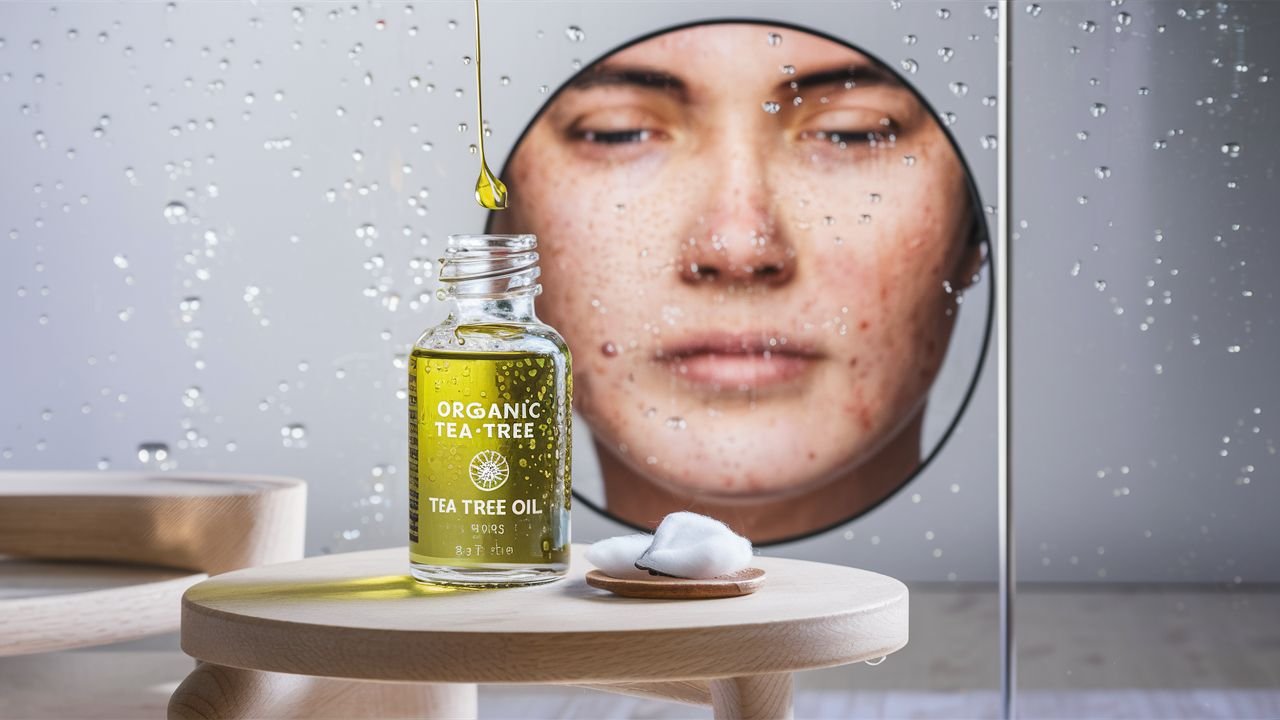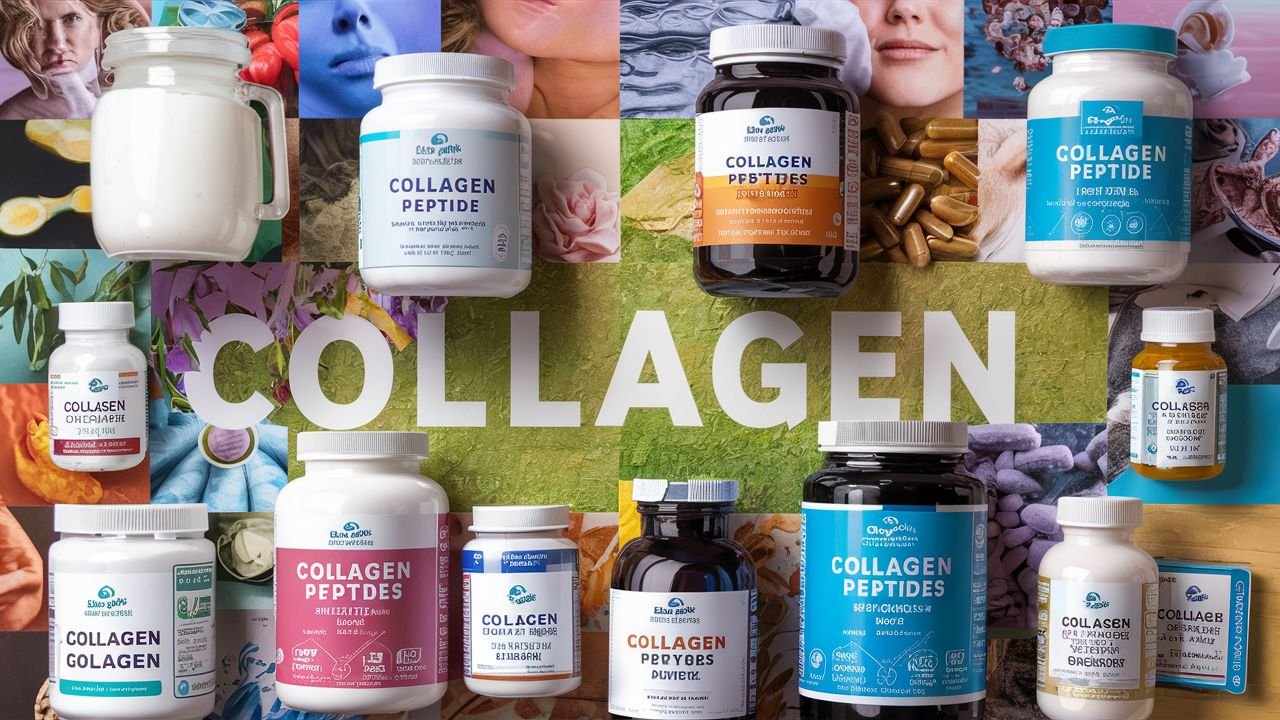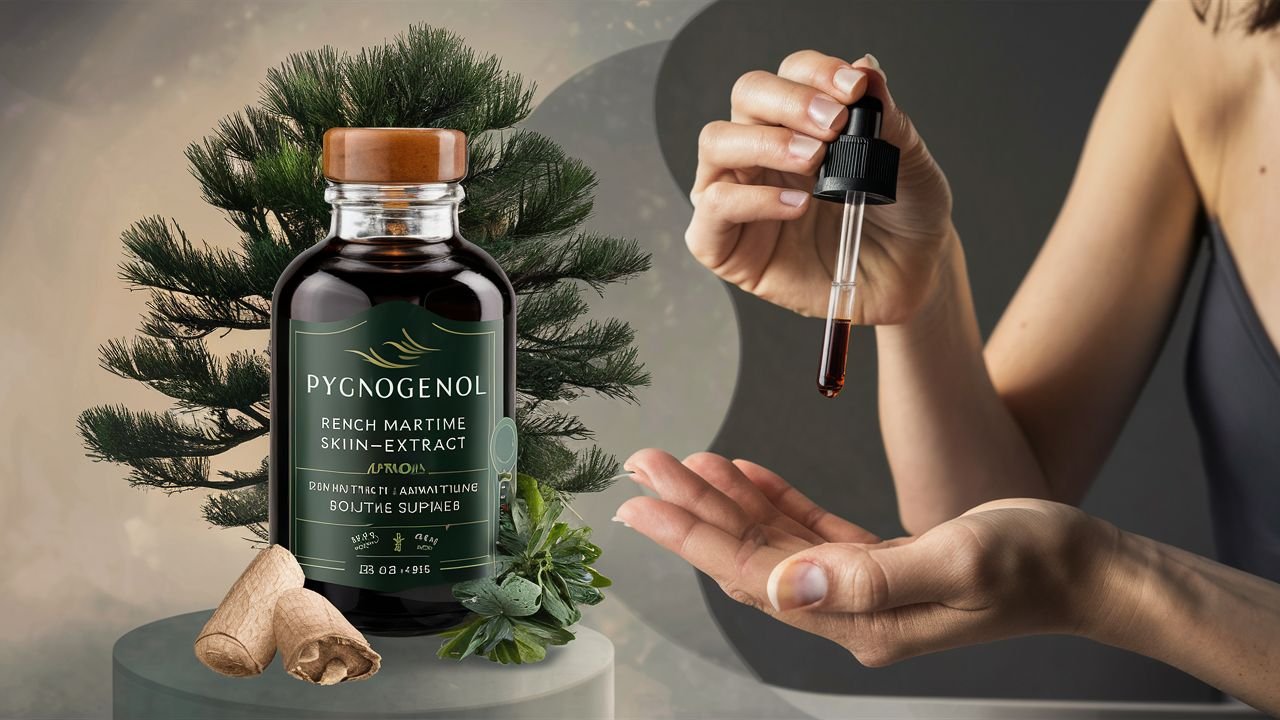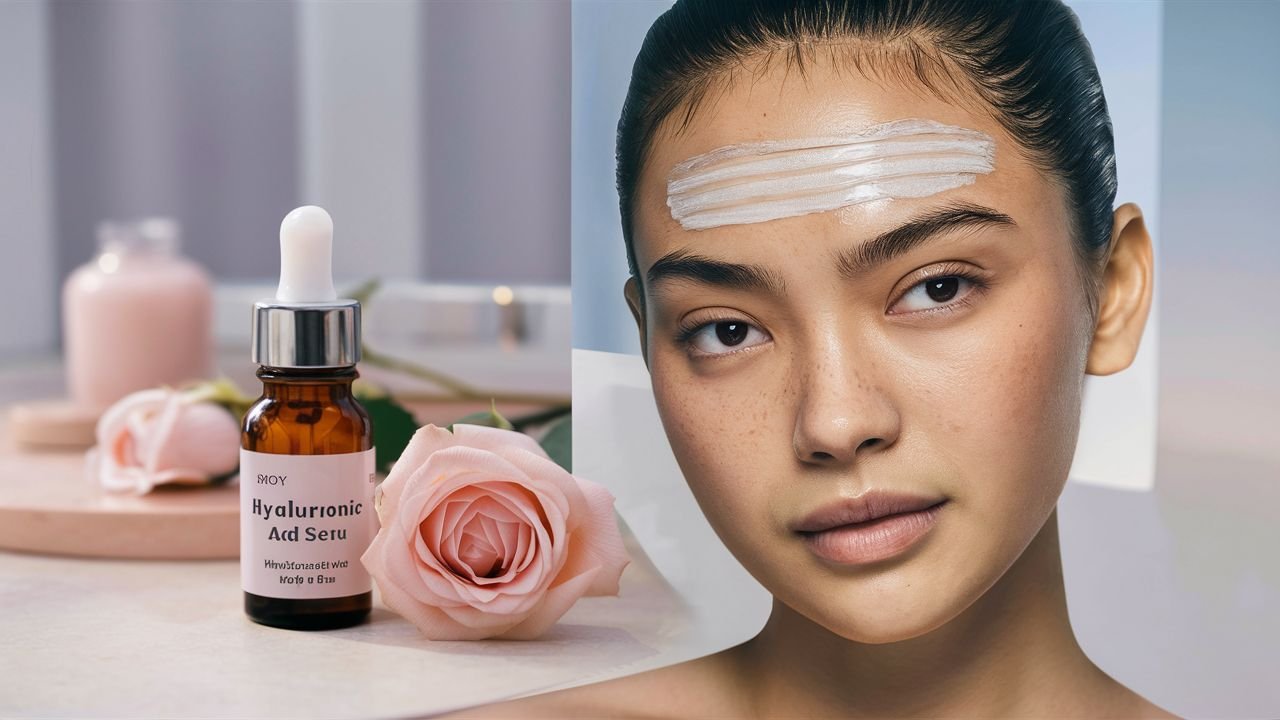Do you want clear and radiant skin? Have you tried countless skincare products without seeing the desired results? It’s time to shift your focus to what you’re putting inside your body. The key to healthy teenage skin lies in the right balance of essential nutrients. But do you know which nutrients are crucial for achieving that clear and radiant complexion?
In this article, we will uncover the 5 essential nutrients that are vital for teenage skin health. From omega-3 fatty acids to vitamins A, C, and minerals like zinc and selenium, these nutrients play a significant role in maintaining the moisture, elasticity, and overall health of your skin.
Key Takeaways:
- Essential nutrients are necessary for healthy teenage skin.
- Omega-3 fatty acids, vitamins A and C, zinc, and selenium are crucial for maintaining clear and radiant skin.
- A balanced diet, regular physical activity, and adequate sleep are essential for overall skin health.
- Processed foods, excessive sugar, and unhealthy lifestyle choices can negatively affect your skin.
- By nourishing your skin from the inside out, you can achieve a clear and radiant complexion.
Essential Nutrient #1: Omega-3 Fatty Acids
Omega-3 fatty acids play a crucial role in maintaining healthy skin. They are essential for helping the skin retain moisture, promoting firmness and flexibility. These healthy fats also possess anti-inflammatory properties, which can help calm and soothe the skin. In addition, omega-3 fatty acids provide protection against UV damage, reducing the risk of sun-induced skin problems.
There are several excellent sources of omega-3 fatty acids. Fatty fish, such as salmon and tuna, are rich in these essential fats. Including nuts and seeds, such as walnuts and chia seeds, in your diet can also provide a good amount of omega-3 fatty acids. Avocados, another source of healthy fats, offer the added benefit of being rich in other skin-friendly nutrients.
“Omega-3 fatty acids are like superfood for your skin, nourishing it from within and promoting a healthy complexion.”
To summarize the benefits of omega-3 fatty acids for the skin:
- Helps maintain skin moisture, firmness, and flexibility
- Provides anti-inflammatory properties
- Protects against UV damage
By including omega-3 rich foods in your diet, you can support the health and appearance of your skin.
| Food Sources of Omega-3 Fatty Acids |
|---|
| Fatty fish (salmon, tuna) |
| Nuts and seeds (walnuts, chia seeds) |
| Avocados |
Next: Essential Nutrient #2: Vitamin A
Essential Nutrient #2: Vitamin A
Vitamin A is a vital nutrient that plays a crucial role in maintaining the health of both the upper and lower layers of the skin. This essential vitamin offers numerous benefits for the skin, including protection against sun damage and support for collagen production.
The benefits of vitamin A for skin health are immense. It helps to prevent the breakdown of collagen, a protein that provides structure and elasticity to the skin. By preserving collagen, vitamin A aids in reducing the appearance of fine lines and wrinkles, promoting a youthful complexion.
Furthermore, vitamin A has been found to have antioxidant properties, helping to neutralize harmful free radicals that can cause premature aging of the skin. This action can contribute to a more even skin tone and a reduction in age spots.
Another significant benefit of vitamin A is its ability to regulate sebum production, the oily substance that can lead to acne and clogged pores. By controlling sebum production, vitamin A can aid in preventing breakouts and promoting clearer skin.
Sources of Vitamin A
To ensure an adequate intake of vitamin A, include the following food sources in your diet:
- Leafy dark greens, such as spinach and kale
- Eggs
- Flaxseeds
- Legumes, such as lentils and chickpeas
By incorporating these vitamin A-rich foods into your meals, you can support the health of your skin and reap the benefits of this essential nutrient. A well-rounded diet that includes a variety of vitamin A sources can contribute to a clear, youthful complexion.
With vitamin A playing a vital role in skin health, it’s crucial to ensure an adequate intake of this essential nutrient. From protecting against sun damage and supporting collagen production to regulating sebum production and promoting a youthful complexion, vitamin A offers numerous benefits for the skin.
Essential Nutrient #3: Vitamin C
Vitamin C is a powerhouse nutrient when it comes to promoting healthy and radiant skin. This essential vitamin offers numerous benefits for the skin, making it an important addition to your skincare routine.
One of the key benefits of vitamin C for the skin is its potent antioxidant properties. Vitamin C helps protect the skin from harmful free radicals, which can cause oxidative stress and lead to premature aging. By neutralizing these free radicals, vitamin C helps keep the skin looking youthful and vibrant.
In addition to its antioxidant effects, vitamin C also plays a crucial role in collagen production. Collagen is a protein responsible for maintaining the strength and elasticity of the skin. As we age, collagen production naturally decreases, leading to the formation of fine lines and wrinkles. By incorporating vitamin C into your skincare regimen, you can support collagen synthesis and promote firmer, more resilient skin.
When it comes to sourcing vitamin C, nature provides an abundance of options. Citrus fruits, such as oranges and grapefruits, are rich in vitamin C and can be enjoyed as part of a healthy diet. Berries, such as strawberries and blueberries, are also excellent sources of this vital nutrient. For a savory twist, bell peppers are another great way to incorporate vitamin C into your meals.
To reap the full benefits of vitamin C for your skin, consider adding a topical vitamin C serum to your skincare routine. This allows for direct application of the vitamin to your skin, enhancing its absorption and efficacy.
With its antioxidant and collagen-boosting properties, vitamin C is a must-have nutrient for maintaining a healthy and youthful complexion. Incorporate vitamin C-rich foods into your diet and consider incorporating a vitamin C serum into your skincare routine to unlock the full potential of this skin-loving vitamin.
Essential Nutrient #4: Zinc
Zinc is a vital mineral that plays a crucial role in maintaining the health and function of our skin. It offers a range of benefits for our skin, making it an essential nutrient to include in our diet.
Benefits of Zinc for Skin:
- Promotes Wound Healing: Zinc is involved in the production of collagen, which is essential for wound healing and reducing the appearance of scars.
- UV Protection: This mineral acts as a natural sunscreen, protecting our skin from the harmful effects of UV radiation.
- Antioxidant Properties: Zinc acts as an antioxidant, helping to neutralize free radicals and reduce oxidative stress on the skin.
- Maintains Skin Barrier: Zinc helps to maintain the integrity of our skin’s barrier function, protecting it from external aggressors.
Sources of Zinc:
Include zinc-rich foods in your diet to ensure an adequate intake of this essential mineral. Good sources of zinc include:
- Seafood: Oysters, crab, and shrimp are excellent sources of zinc.
- Lean Meats: Beef, pork, and poultry are all good sources of zinc.
- Dairy Products: Milk, cheese, and yogurt provide a significant amount of zinc.
- Legumes: Chickpeas, lentils, and beans are plant-based sources of zinc.
Ensuring an adequate intake of zinc through a balanced diet can contribute to healthy and radiant skin. Let’s explore the next essential nutrient, selenium, and its benefits for skin health.
Essential Nutrient #5: Selenium
When it comes to skincare, one essential nutrient that often goes unnoticed is selenium. Selenium plays a vital role in protecting the skin from UV damage and is even associated with a lower risk of skin cancer. It acts as a powerful antioxidant, neutralizing harmful free radicals that can cause premature aging and damage to skin cells.
One of the significant benefits of selenium for the skin is its ability to support the body’s natural defense mechanisms against harmful UV radiation. By reducing oxidative stress, selenium helps combat the effects of sun exposure and minimizes the risk of sunburns and skin damage.
So, where can you find selenium? Fortunately, there are various natural sources of this essential nutrient. Seafood, such as tuna and sardines, is rich in selenium. Nuts, particularly Brazil nuts, are another excellent source. In addition, legumes like lentils and kidney beans, as well as whole grains such as oats and brown rice, can provide selenium to support healthy skin.
It’s important to note that while selenium is essential for skin health, like all things, it should be consumed in moderation. Excessive selenium intake can be harmful, so it’s best to obtain it naturally through a balanced diet rather than relying solely on supplements.
The Benefits of Selenium for Healthy Skin
“Selenium is a powerful antioxidant that protects the skin from oxidative stress caused by UV radiation. It supports the skin’s natural defense mechanisms and can help reduce the risk of skin cancer.”
| Food Sources of Selenium | Selenium Content (mcg per serving) |
|---|---|
| Tuna (3 ounces) | 68.2 |
| Brazil nuts (1 ounce) | 544 |
| Lentils (1 cup, cooked) | 6.2 |
| Oats (1 cup, cooked) | 13.8 |
Healthy Eating Tips for Teenage Skin
In addition to these essential nutrients, it’s important for teenagers to follow a healthy eating plan for clear and radiant skin. By nourishing the body with the right nutrients, teenagers can support their skin health and achieve a glowing complexion. Here are some skincare tips for teenagers to promote healthy eating habits:
1. Consume Plenty of Fruits and Vegetables
Fruits and vegetables are packed with vitamins, minerals, and antioxidants that are essential for maintaining healthy skin. They provide hydration, promote collagen production, and protect the skin from damage caused by free radicals. Include a variety of colorful fruits and vegetables in your diet to ensure you’re getting a wide range of nutrients.
2. Opt for Whole Grains
Whole grains, such as whole wheat bread, brown rice, and oatmeal, are rich in fiber and can help regulate blood sugar levels. This can prevent insulin spikes, which may contribute to acne breakouts. Replace refined grains with whole grains for better skin health.
3. Choose Lean Proteins
Lean proteins, such as chicken, fish, tofu, and legumes, provide essential amino acids that are building blocks for healthy skin cells. They also help repair damaged tissues and promote collagen synthesis. Incorporate lean proteins into your meals to support skin health.
4. Include Low-Fat Dairy Products
Low-fat dairy products, like yogurt and milk, are good sources of vitamin A and calcium, which are important for skin health. Vitamin A helps regulate skin cell turnover, while calcium promotes skin elasticity. Choose low-fat options to minimize saturated fats.
5. Avoid Excessive Added Sugars and Saturated Fats
Excessive intake of added sugars and saturated fats can contribute to skin problems, including acne and inflammation. Limit your consumption of sugary treats, sodas, and processed foods. Opt for healthier alternatives like fresh fruits and vegetables.
6. Limit Sodium Intake
High sodium intake can lead to water retention, which may cause puffy eyes and bloating. Reduce your sodium intake by avoiding processed foods, canned soups, and fast food. Flavor your meals with herbs and spices instead of salt.
“Following a healthy eating plan is crucial for teenage skin health. Consuming a well-balanced diet rich in fruits, vegetables, whole grains, lean proteins, and low-fat dairy products provides the necessary nutrition for a clear and radiant complexion.”
By incorporating these healthy eating tips into your daily routine, you can support your skin health and promote a clear complexion. Remember to stay hydrated and listen to your body’s needs. Taking care of your skin from the inside out is key to achieving healthy and radiant teenage skin.
Importance of Physical Activity for Teenage Skin
Regular physical activity is not only important for overall health but also for maintaining healthy skin. Exercise improves blood circulation, which can give the skin a healthy glow. It also promotes the removal of toxins and helps in the delivery of nutrients to the skin. Encouraging teenagers to engage in regular physical activity can contribute to clear and radiant skin.
When you exercise, your heart rate increases, leading to improved blood flow throughout the body, including to the skin. This increased blood circulation brings more oxygen and nutrients to the skin cells, providing them with the necessary resources to function optimally. As a result, physical activity can help maintain a healthy complexion.
Regular physical activity helps flush out toxins from the body through sweat, which can contribute to clearer skin. It also helps regulate the production of sebum, a natural oil produced by the skin, preventing clogged pores and reducing the likelihood of acne breakouts.
In addition to its benefits for blood circulation and toxin removal, exercise can also help reduce stress levels. High levels of stress can contribute to skin problems, such as acne and inflammation. Engaging in physical activity helps release endorphins, which are natural mood boosters and can improve overall well-being, including the health of your skin.
The Role of Sweat in Skin Health
Sweating during exercise not only aids in detoxification but also helps to unclog pores and eliminate impurities from the skin. However, it is important to cleanse the skin promptly after exercising to remove sweat and dirt, which can otherwise lead to clogged pores and skin irritation.
It is worth noting that while exercise can be beneficial for the skin, excessive sweating and friction can also lead to skin problems. For example, wearing tight or heavy clothing during physical activity may trap sweat and bacteria against the skin, potentially causing irritation or infections. Therefore, it is important to choose appropriate workout attire and maintain good hygiene practices to keep the skin healthy.
Tips for Incorporating Physical Activity into Your Routine
Here are some tips to help you incorporate physical activity into your routine and reap the benefits for your skin:
- Choose activities that you enjoy, whether it’s dancing, swimming, biking, or playing a team sport. This will make it easier to stick to a regular exercise routine.
- Start with small steps and gradually increase the intensity and duration of your workouts. Aim for at least 30 minutes of moderate-intensity exercise most days of the week.
- Make physical activity a part of your daily routine. For example, try walking or biking to school, taking the stairs instead of the elevator, or joining a sports club.
- Find a workout buddy or join a fitness class to stay motivated and make exercise more enjoyable.
- Remember to stay hydrated before, during, and after exercise to support healthy skin and overall well-being.
In summary, regular physical activity is not only beneficial for overall health but also plays a vital role in maintaining healthy skin. By improving blood circulation, promoting toxin removal, and reducing stress levels, exercise contributes to clear and radiant skin. Incorporating physical activity into your routine and following good skincare practices can help you achieve healthy, glowing skin.
Importance of Adequate Sleep for Teenage Skin
Adequate sleep is essential for skin health. During sleep, the body repairs and rejuvenates itself, including the skin. Lack of sleep can lead to dull and tired-looking skin, as well as an increased risk of skin problems.
When we sleep, our bodies produce more collagen, a protein that keeps the skin firm and elastic. Inadequate sleep can disrupt collagen production, resulting in premature aging and the appearance of fine lines and wrinkles.
“Sleep deprivation can also affect the skin’s ability to retain moisture,” says Dr. Emily Johnson, a dermatologist. She explains, “This can cause dryness, flakiness, and a dull complexion, making the skin look less youthful and vibrant.”
Furthermore, sleep deprivation increases the levels of stress hormones in the body, such as cortisol. Elevated cortisol levels can trigger inflammation, leading to skin conditions like acne, eczema, and psoriasis.
To promote clear and radiant skin, teenagers should aim for 8-10 hours of quality sleep each night. Establishing a consistent sleep routine, creating a comfortable sleep environment, and avoiding stimulating activities before bedtime can all contribute to a good night’s sleep.
Remember, sleep is not just a luxury but a crucial factor in maintaining healthy, glowing skin.
The Benefits of Sleep for Skin Health:
- Promotes collagen production, enhancing skin elasticity
- Helps the skin retain moisture, preventing dryness
- Reduces the appearance of fine lines and wrinkles
- Enhances skin brightness and radiance
- Reduces the risk of skin conditions such as acne, eczema, and psoriasis
| Sleep Quantity | Skin Condition |
|---|---|
| 8-10 hours | Clear, radiant, and youthful-looking skin |
| 6-7 hours | Mild skin dullness and dryness |
| Less than 6 hours | Pronounced skin dullness, dryness, and increased risk of skin problems |
Conclusion
Taking care of teenage skin requires a combination of essential nutrients, a healthy eating plan, regular physical activity, and adequate sleep. By nourishing the skin from the inside out with these essential nutrients and following a holistic approach to skincare, teenagers can achieve clear and radiant complexions.
Omega-3 fatty acids, found in fatty fish, nuts, seeds, and avocados, help maintain skin moisture and protect against UV damage. Vitamin A, abundant in leafy greens, eggs, flaxseeds, and legumes, supports collagen production and prevents sun damage. Vitamin C, found in citrus fruits, berries, and bell peppers, acts as a powerful antioxidant and promotes skin strength and elasticity.
Zinc, found in seafood, lean meats, dairy products, and legumes, helps stabilize cell walls and protects against UV damage. Selenium, present in seafood, nuts, and legumes, safeguards against UV damage and reduces the risk of skin cancer. Together, these essential nutrients nurture healthy teenage skin and contribute to a clear and radiant complexion.

